New reports: African governments giving land away quickly, recognizing land rights slowly
- RRI
- 07 Mar 2013
Africa remains a target for land-grab developments worth billions; regional dialogue in Yaoundé focuses on the need for speed
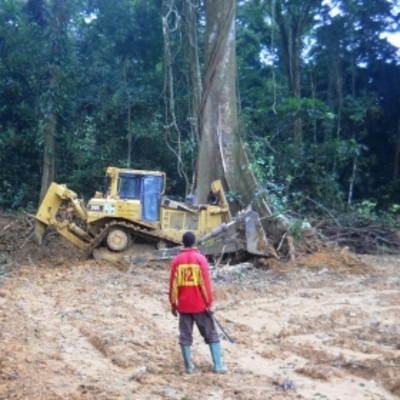
Africa remains a target for land-grab developments worth billions; regional dialogue in Yaoundé focuses on the need for speed

Without strong interventions led by rural women themselves, corporate land deals will continue to perpetuate and deepen existing gender inequalities and contribute to increased levels of resource scarcity, poverty and conflict.
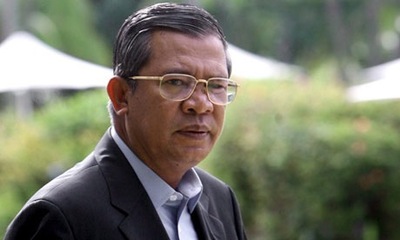
Rights groups criticise 'veritable death sentence' against Mam Sonando for speaking out against controversial land grabs
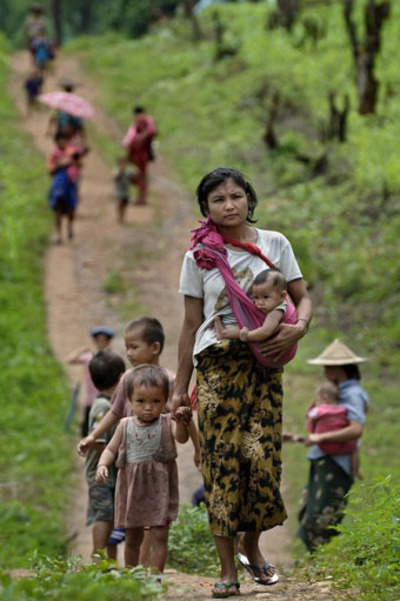
Villagers have been forced from land with little or no compensation, harassed and extorted by both sides as land is parcelled off to domestic and foreign firms including from China and Thailand
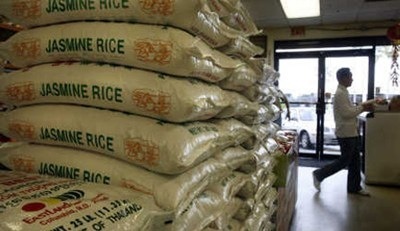
The Federal Government and Singapore's Olam, which has 6,000 hectares under cultivation of rice, announce collaboration towards managing the impact of an imminent rice crisis in Nigeria.
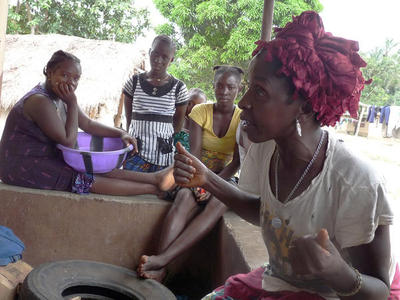
Executive summary of Swedwatch's report on the Swedfund-supported Addax Bioenergy project in Sierra Leone
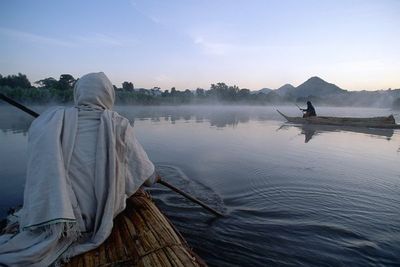
What we call land-grabbing is often more about access to irrigation. We urgently need to know how much is being purloined
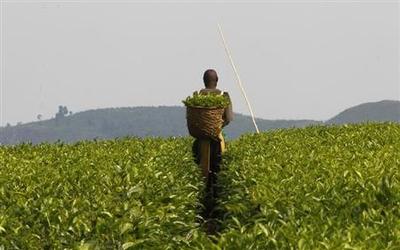
"In the rush to allocate land for agribusiness, care needs to be taken so that acquisitions are conducted according to ethical and socially responsible standards, including recognizing local users’ rights, holding consultations with local communities, and paying fair market-rate compensation for land acquired," says the World Bank.

The Beidahuang Group has been dismayed by what it regards as negative media coverage of its investment in agricultural land in Australia and plans to scale back while it still purchases more farms.

It alleges that the dealings of Karuturi Global, one of India’s largest flower growers, in the African nation do not smell as sweet as what it grows
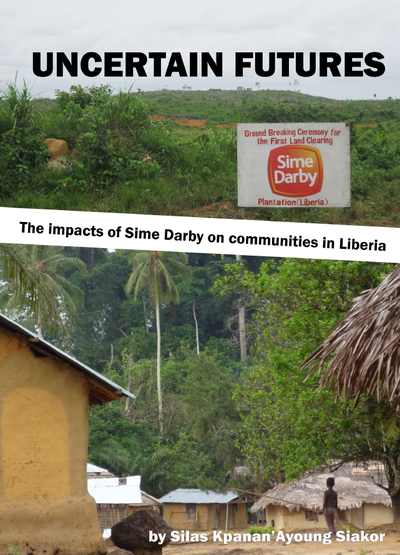
The report “Uncertain Futures. The impacts of Sime Darby on communities”, produced by SDI and WRM, gives a deeper insight in how industrial oil palm plantations affect women in a differentiated way.
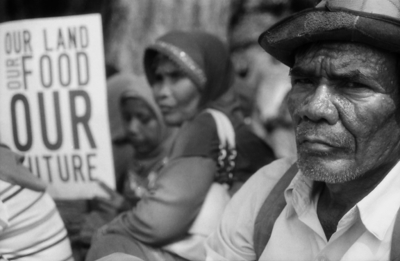
People in Indonesia consider the food crisis as an excuse, deliberately created so that corporations could assert control over the necessary business which is central to most people’s lives.